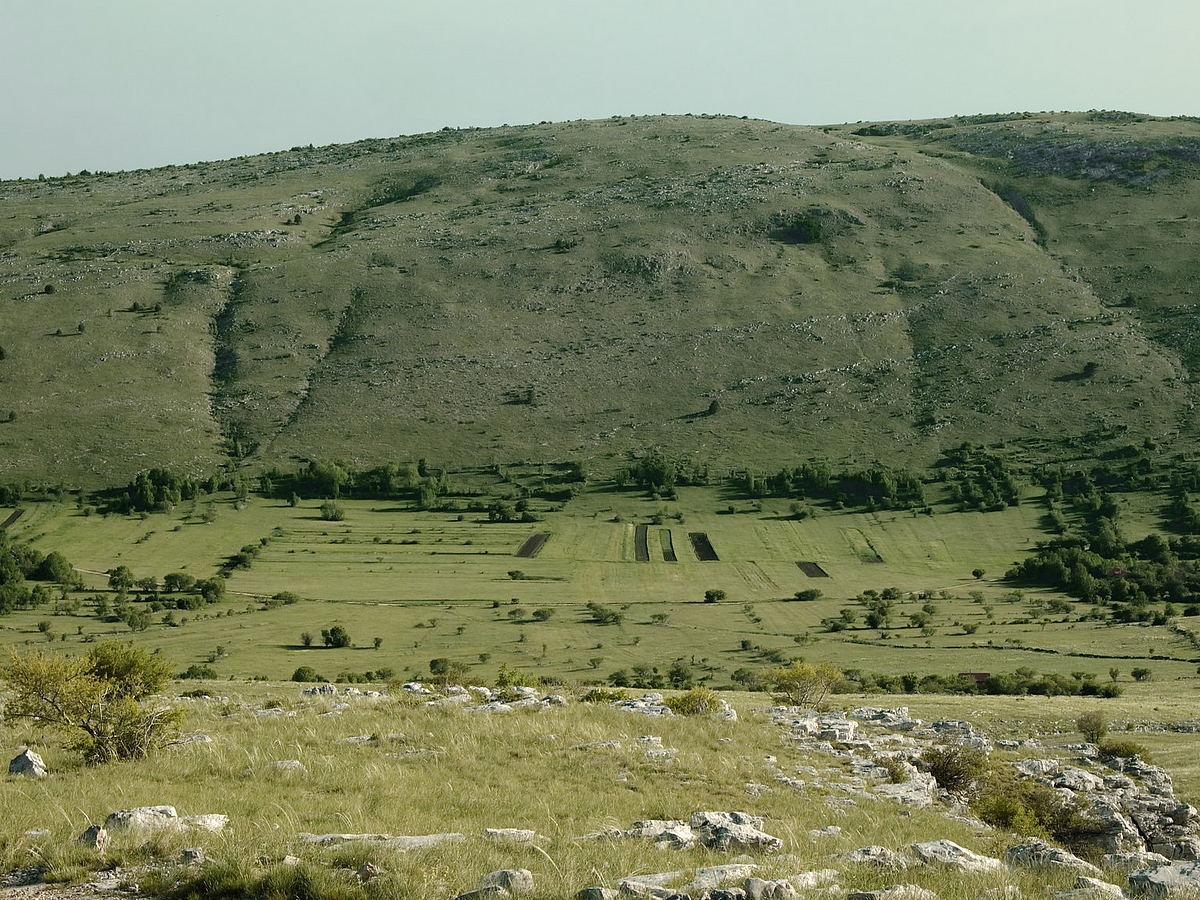International Political Ecologies of Land

International Political Ecologies of Land (IPEL) examines rural and agricultural land in South East Europe (SEE) as human-soil relations differently assembled: an object of policy, an everyday experience, and a site of alternative political imaginaries. While International Relations and Political Science have traditionally studied land as central to power and approached it through categories of territory and sovereignty, they remain limited and limiting when it comes to the multiple dimensions of land. The main premise of this project is that examining land in trans-scalar processes is crucial for understanding new configurations of power and their local and global effects, requiring a multi-dimensional and transdisciplinary approach. In SEE specifically, urban and rural land re-distribution are drivers of development, and points of contestation. Moreover, they also drive and reflect the changing nature-human relations that underpin understandings and uses of land.
The research is based around three case studies in three different countries (Bosnia and Herzegovina, Croatia, Serbia). IPEL hopes to contribute to projects globalising and democratising knowledge production by positing land in SEE as a site from where we can theorise international political ecologies.
Duration: April 1, 2022 – March 31, 2025
Funding: Advanced Postdoc Grant from the Central Research Development Fund (CRDF) at the University of Bremen
Project head
Katarina Kušić
Project-related publications
Kušić, Katarina. 2022. ‘Land Politics and Conflicts’. In The Palgrave Encyclopedia of Peaceand Conflict Studies. Cham: Palgrave Macmillan. https://doi.org/10.1007/978-3-030-11795-5_180-1.
Kušić, Katarina. 2021. ‘Balkan Subjects in Intervention Literature: The Politics of Overrepresentation and Reconstruction’. Journal of International Relations and Development 24 (4): 910–31. https://doi.org/10.1057/s41268-021-00235-x.
